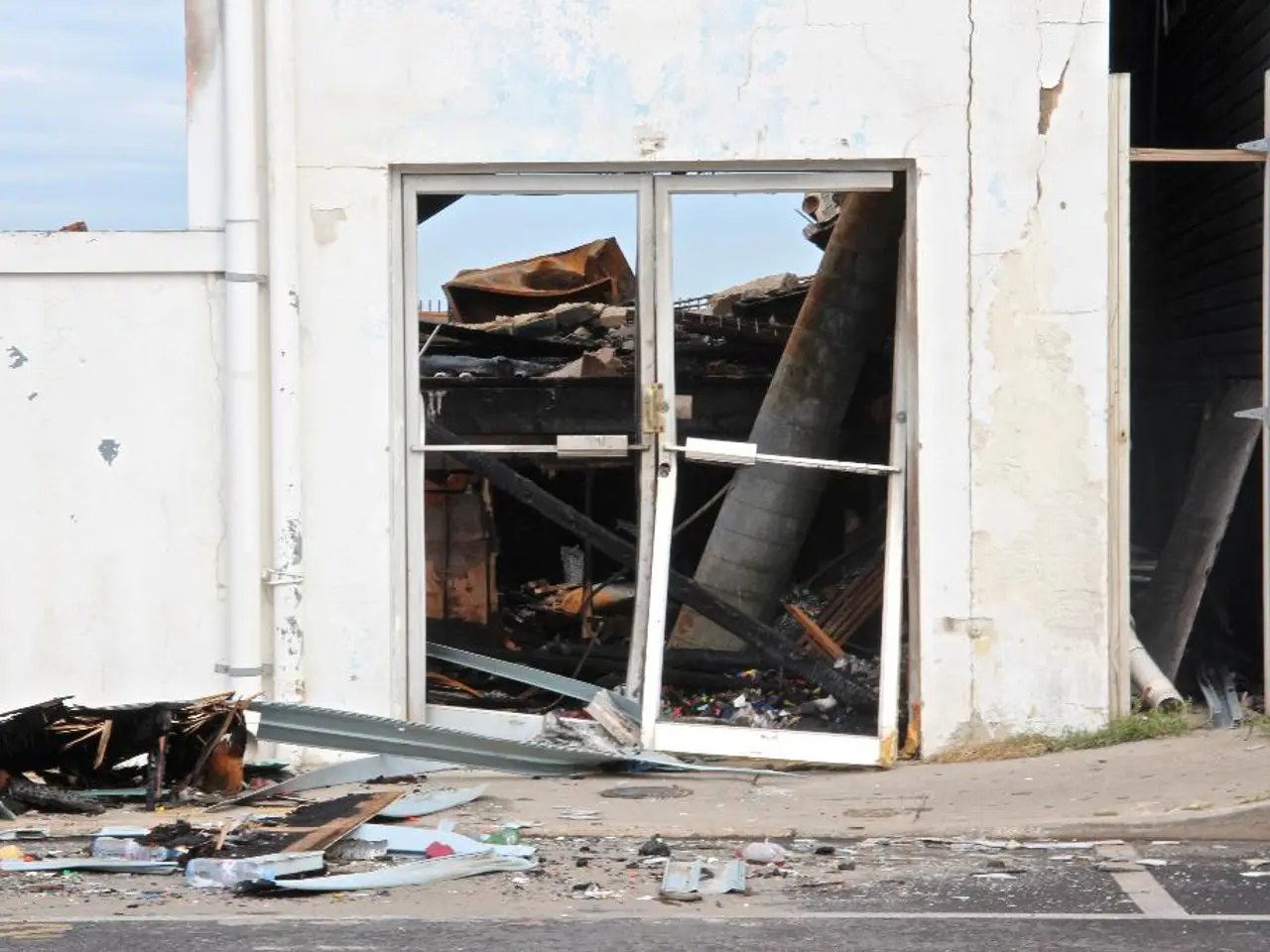U.S. steps up attacks on Nord Stream 2 pipeline project
The U.S. Ambassador to Germany, Robin Quinville, has urged a temporary halt to the resumed construction of the controversial Nord Stream 2 pipeline. In an interview with the German newspaper Handelsblatt, Quinville expressed concerns about the pipeline's potential to increase Europe's energy dependence on Russia and Russia's ability to project influence in Europe.
The Nord Stream 2 pipeline, which is intended to connect Russia and Germany, has been a subject of controversy for some time. The project remains a point of contention due to its geopolitical and security implications. The U.S. and several EU countries worry that completing and operating Nord Stream 2 would deepen Europe's energy dependence on Russia, limiting the EU's ability to respond decisively to Russian foreign policy aggressions.
Quinville believes that a halt to the pipeline's construction would send a clear message that Europe will not tolerate Russia's continued malicious behavior. The U.S. Embassy in Berlin is primarily concerned about Russia's aggressive actions and the potential for increased European dependence on Russian natural gas.
The U.S. has threatened sanctions to block the pipeline if Russia takes further aggressive steps, such as invading neighboring countries or using economic pressure to curb Russian influence. The U.S. and EU continue to evaluate their positions toward the pipeline as part of broader efforts to contain Russian influence and promote energy security in Europe.
The halt to the pipeline's construction aligns with broader EU strategies to diversify energy sources and reduce dependence on Russia, strengthening EU energy security but possibly increasing short-term energy costs and supply challenges. Germany faces tension between securing affordable energy supplies and maintaining alignment with U.S. and EU security policies. Halting Nord Stream 2 could disrupt energy plans but also reduce energy vulnerability to Russia.
Russia, on the other hand, faces a restriction of a major revenue source and geopolitical tool if the pipeline is halted. This could limit Russia’s ability to project influence in Europe and weaken its economic position. Russia has responded to previous sanctions with countermeasures, increasing tensions.
Both the Senate and the House of Representatives in the U.S. aim to pass a second sanctions law against Nord Stream 2. Construction on the pipeline is scheduled to resume this weekend. The pipeline bypasses Eastern European countries, decreasing their transit revenues and strategic importance, and may weaken EU energy solidarity and security.
[1] Handelsblatt, 2021. U.S. Ambassador Quinville calls for a moratorium on Nord Stream 2. [2] European Council, 2020. EU energy security and diversification strategies. [3] U.S. Department of State, 2019. U.S. sanctions against Nord Stream 2. [4] European Parliament, 2019. Resolution on the EU's energy policy and security of supply.
- The concern over the resumed construction of the Nord Stream 2 pipeline extends beyond the pipeline itself, as it holds significant implications for policy-and-legislation in the realm of politics and general-news, particularly in terms of Europe's energy dependence on Russia and Russia's potential influence.
- The U.S. Ambassador Quinville's call for a halt to the Nord Stream 2 pipeline construction is part of broader strategies in the U.S. and EU, as they seek to address war-and-conflicts and energy security in Europe, with the pipeline serving as a subject of controversy due to its geopolitical and security implications.








